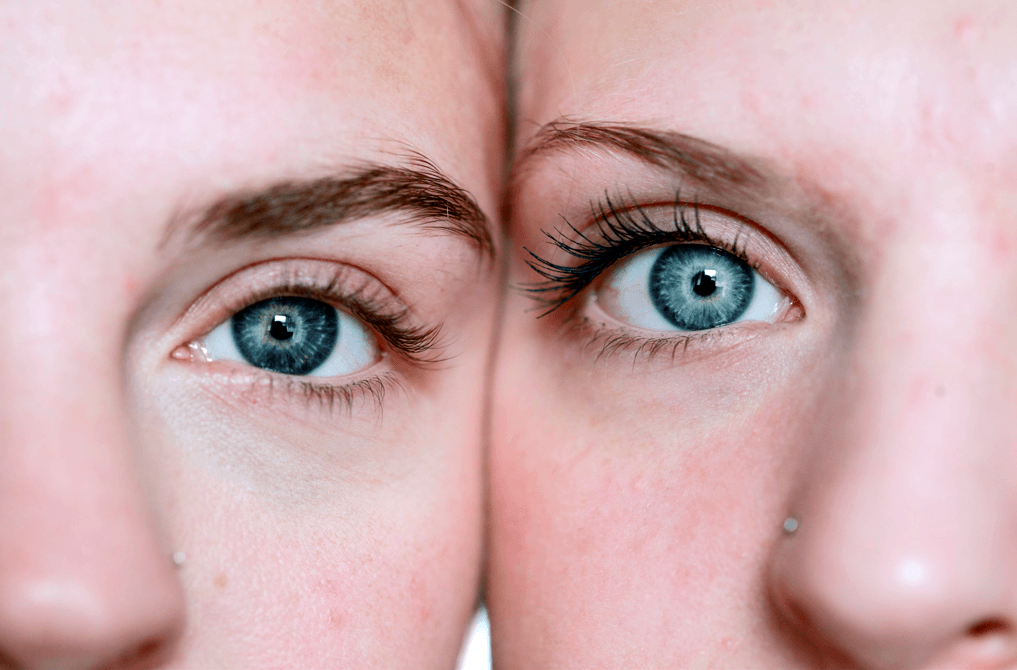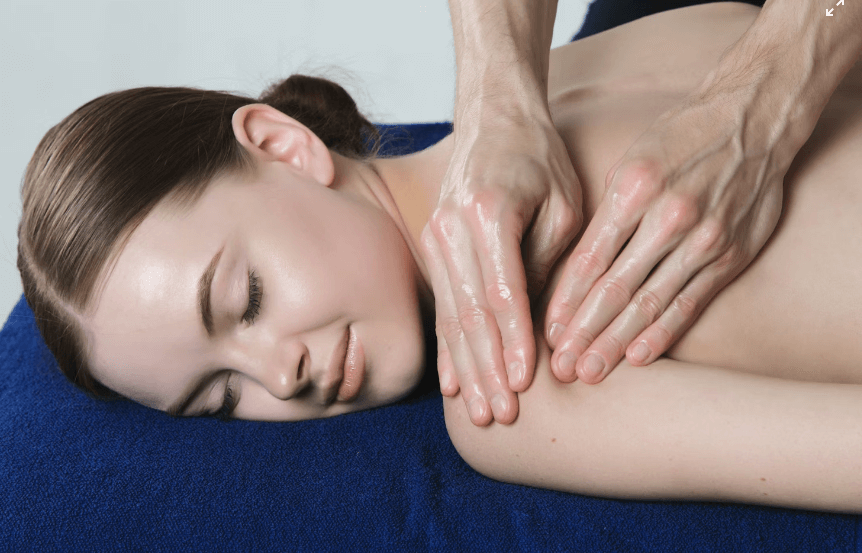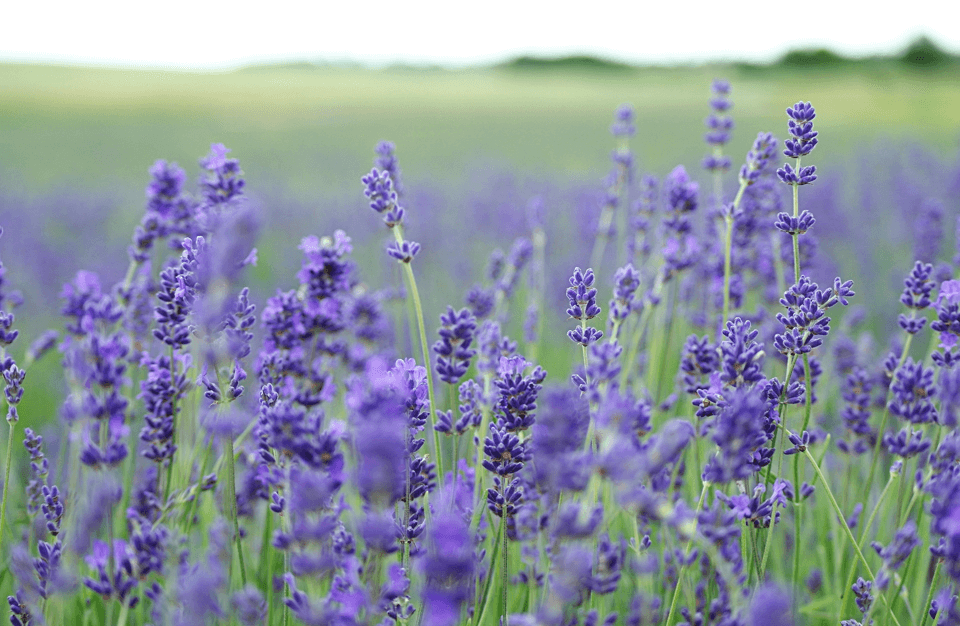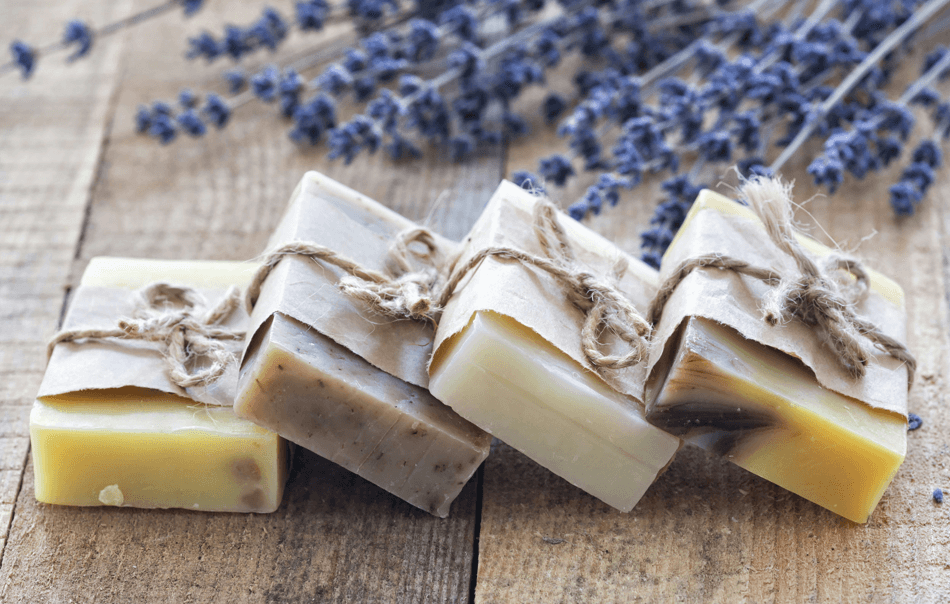Retinol vs. Bakuchiol: The Ultimate Guide to Age-Defying Skincare

Key Takeaways:
- Retinol and bakuchiol are both touted for their anti-aging properties, but they differ significantly in their origin and skin tolerance.
- Bakuchiol, a plant-based alternative, offers similar benefits to retinol with less irritation, making it suitable for sensitive skin types.
- Understanding the differences between retinol and bakuchiol can help consumers make informed decisions about their skincare routine.
The skincare industry is constantly evolving, with new ingredients and products promising to deliver youthful, radiant skin. Among the plethora of skincare ingredients, retinol has long been the gold standard for combating signs of aging.
However, a new contender, bakuchiol, has emerged, offering a natural alternative to retinol with a promise of fewer side effects. This article delves into the retinol vs bakuchiol debate, examining their benefits, side effects, and how they fit into a skincare routine.
What is Retinol?
Retinol, a derivative of vitamin A, is renowned for its ability to stimulate collagen production and accelerate cell turnover. This results in improved skin texture, reduced fine lines, and a more even skin tone.
Retinol products are available in various formulations, from over-the-counter options to prescription-strength retinoids. However, retinol side effects like dryness, redness, and sun sensitivity can be a deal-breaker for some, especially those with sensitive skin types.
The Emergence of Bakuchiol
Bakuchiol, extracted from the seeds and leaves of the babchi plant, has been celebrated as a potent antioxidant with anti-inflammatory and antibacterial properties.
Unlike retinol, bakuchiol is a vegan skincare ingredient that is gentle on the skin, causing less irritation. Scientific evidence suggests that bakuchiol works by targeting the same retinoic acid receptors as retinol, making it a great retinol alternative for those who cannot tolerate retinol.
Comparing Efficacy
When it comes to retinol vs bakuchiol, both ingredients have been shown to effectively combat the visible signs of skin aging.
Retinol helps diminish wrinkles and fine lines through its powerful antioxidant action. Bakuchiol, while having a different chemical structure, has also demonstrated the ability to improve skin firmness and elasticity, offering a natural alternative to retinol with similar outcomes.
Side Effects and Skin Tolerance
A significant advantage of bakuchiol over retinol is its favorable skin tolerance. Skin irritation, a common issue with retinol use, is notably less with bakuchiol, making it a safer alternative for those with sensitive skin types.
Bakuchiol's anti-inflammatory properties also contribute to its gentler profile, reducing the likelihood of skin purging and redness often associated with retinol products.
Understanding the Chemical Structures of Retinol and Bakuchiol
Retinol, a derivative of vitamin A, is renowned for its potent anti-aging properties. Its molecular structure allows it to penetrate deep into the skin, where it accelerates cell turnover and boosts collagen production.
This chemical composition is what makes retinol a go-to ingredient in many over the counter products and prescription retinoids aimed at reducing the signs of aging. However, its strength can sometimes lead to irritation, especially in individuals with dry skin or sensitive skin types.
On the other hand, the bakuchiol molecule, often hailed as a plant based retinol alternative, boasts a different chemical structure that is gentler on the skin.
Despite its dissimilarity, bakuchiol mimics the same pathways as retinol, promoting cell regeneration and fighting wrinkles without the harshness. This has made bakuchiol a celebrated ingredient in the skincare product industry, particularly for those seeking a natural, anti inflammatory option that is less likely to cause dryness or irritation.

Incorporating Retinoids into Your Routine
When considering the incorporation of retinoids into your skincare regimen, it's essential to understand their potency and how they can benefit your skin.
Retinoids, a broader category of compounds related to Vitamin A, include retinol as a gentler, over-the-counter option. They are renowned for accelerating cell turnover, boosting collagen production, and reducing the appearance of fine lines and wrinkles. However, the introduction of retinoids should be gradual to minimize irritation, starting with a lower concentration and building up as your skin acclimates.
For those apprehensive about potential irritation from retinoids, bakuchiol presents a compelling alternative. Often touted in bakuchiol vs retinol discussions, bakuchiol mimics the skin-enhancing benefits of retinol without the harsh side effects.
This makes it suitable for those with sensitive skin or for use during the day, as it does not increase photosensitivity to the extent retinoids can. Incorporating bakuchiol into your routine can be done more liberally, and it's often found in products designed for both morning and night use.
The Impact of Retinol Bakuchiol on Skin Health
The impact of retinol bakuchiol combinations on skin health is a burgeoning area of interest within the dermatological community. By harnessing the strengths of both retinol and bakuchiol, these formulations aim to deliver amplified results.
Retinol, with its well-documented track record of improving skin texture and pigmentation, can be potentiated by bakuchiol's soothing properties, which may help to mitigate retinol's common side effects like redness and peeling.
Moreover, the antioxidant properties of bakuchiol complement the age-defying effects of retinol, making retinol bakuchiol blends particularly effective in combating oxidative stress and environmental damage.
This dual-action approach not only accelerates skin renewal but also fortifies the skin's defense against external aggressors. As a result, users can enjoy the full spectrum of anti-aging benefits with a reduced risk of irritation, making retinol bakuchiol products a promising addition to any skincare arsenal.
The Advantages of Bakuchiol in Skincare Formulations
Bakuchiol's rise in popularity is not just due to its gentleness but also because of the benefits of bakuchiol that extend beyond its retinol-like effects.
As an anti-inflammatory and antioxidant, bakuchiol helps to soothe the skin and protect against environmental damage, making it an excellent addition to daily skincare routines. Bakuchiol is a versatile ingredient that can benefit almost all skin types and is particularly effective in calming inflamed, acne-prone skin.
Bakuchiol works in synergy with other skincare ingredients and can enhance the stability and efficacy of other anti aging ingredients, allowing for formulations that target multiple signs of aging simultaneously.
Unlike prescription strength retinol, which can be too intense for some users, bakuchiol can be combined with hydrating and nourishing components to create a balanced skincare product that supports skin health while combating aging, making it a staple in both over the counter products and high-end skincare lines.
Synergistic Combinations with Other Ingredients
Bakuchiol pairs well with other skincare ingredients like hyaluronic acid, vitamin C, and benzoyl peroxide, without the risk of increased skin irritation.
Retinol, on the other hand, requires careful combination with other active ingredients to avoid exacerbating skin issues. Both retinol and bakuchiol can be part of a comprehensive skincare routine, but bakuchiol offers more flexibility in pairing with other potent skincare ingredients.
How to Apply Retinol and Bakuchiol
The application of retinol typically involves a gradual introduction to allow the skin to build tolerance, often starting with lower concentrations. Sun protection is also crucial when using retinol due to increased sun sensitivity.
Bakuchiol, with its less irritating nature, can be applied more liberally, and unlike retinol, it does not increase photosensitivity, allowing for more versatile use.
Summary
The retinol vs bakuchiol conversation is not about declaring a winner but understanding the unique benefits and limitations of each.
Retinol has a proven track record in anti-aging skincare, but its potential for skin irritation and sun sensitivity can limit its use.
Bakuchiol emerges as a compelling natural retinol alternative, offering similar anti-aging benefits with fewer side effects, making it ideal for sensitive skin types and those seeking vegan skincare options.
As the skincare industry continues to evolve, both ingredients will likely remain integral to skincare routines, with personal preference and skin tolerance guiding consumer choices.
Frequently Asked Questions
Can I use Retinol and Bakuchiol together?
While both ingredients offer similar benefits, and some products contain both ingredients, using them together may increase the risk of irritation. It's best to consult a dermatologist for personalized advice or at the least, patch test prior to broader application.
Is Bakuchiol safe for pregnant or breastfeeding women?
Bakuchiol is generally considered safe for pregnant or breastfeeding women, but it's always best to consult with a healthcare provider for personalized advice.
How long does it take to see results from Retinol or Bakuchiol?
Results can vary, but generally, you may start to see improvements in skin texture and appearance within 4-6 weeks of consistent use.
Can I use Retinol or Bakuchiol around my eyes?
Both ingredients can be irritating to the sensitive skin around the eyes. Special formulations designed for the eye area are available, but caution and patch testing are advised.
What concentration of Retinol or Bakuchiol should I start with?
For beginners, it's advisable to start with a lower concentration and gradually work your way up as your skin builds tolerance. Consult a dermatologist for personalized recommendations.





